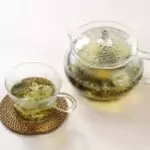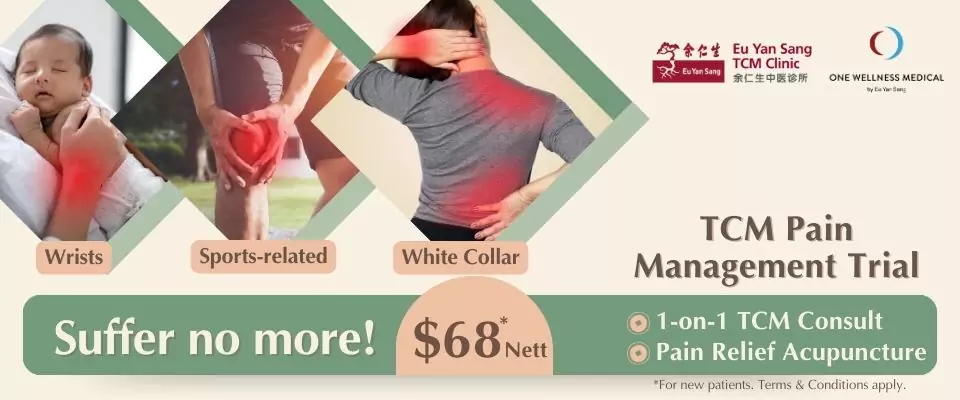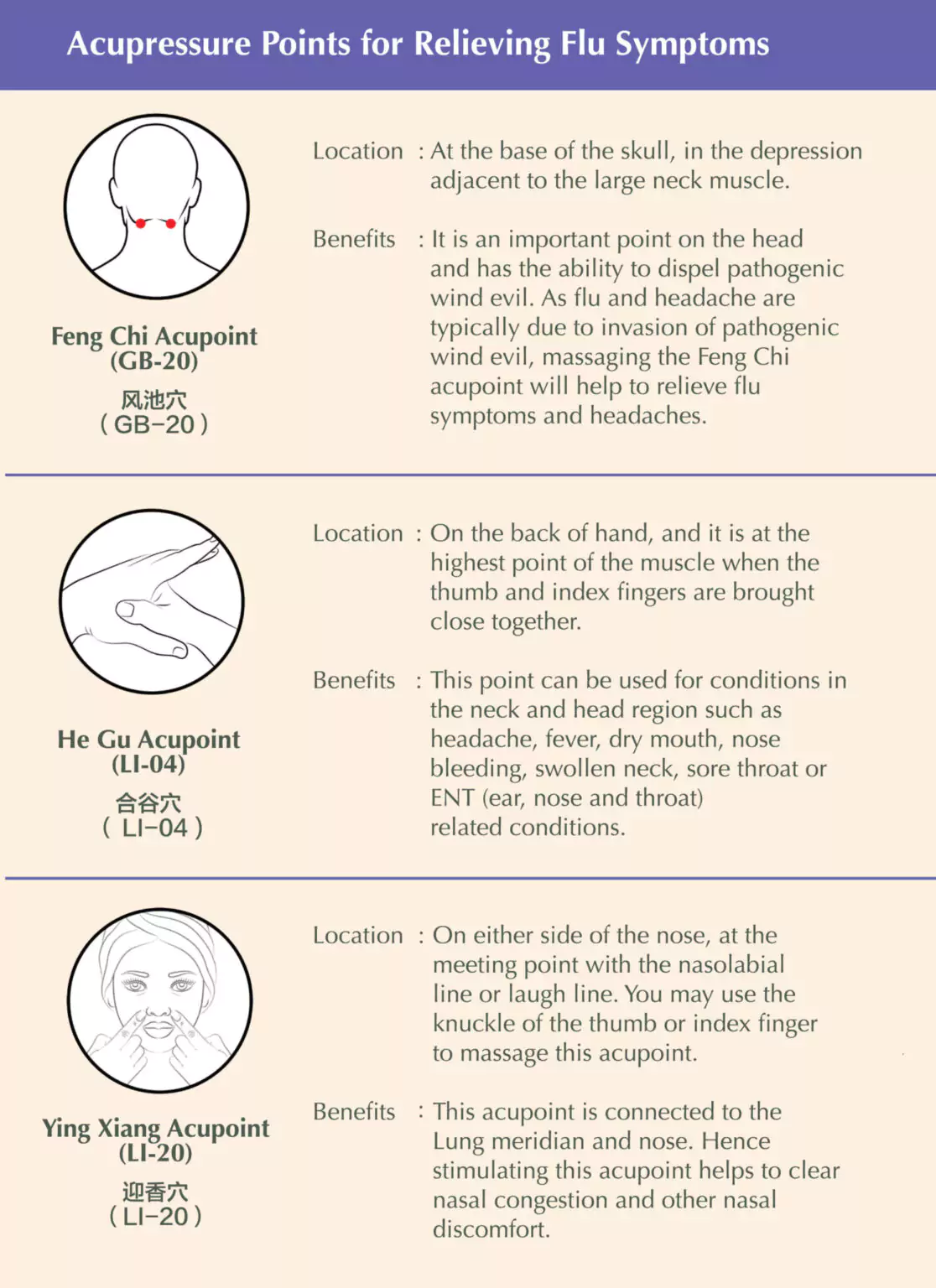Health hazards of staying up late
World Cup season is upon us! Are you one of those hardcore fans who would loath to miss a single match? Staying up late is all well and good if you don’t do it too often.
Ask yourself the following questions — Are you becoming more forgetful recently? Are you experiencing delayed reactions? Do you face difficulties with making good judgments? If you answered yes to any of these questions, you might be suffering from increased lethargy, irritability, and an inability to concentrate due to a lack of rest.
You may ask, “What’s the big deal?”
A lack of sleep is actually a bigger deal than you’d think. Studies have shown that a lack of sleep can lead to an increased risk of heart attack, high blood pressure, and stroke.
To add to that, uncontrollable snacking and an increased intake of alcohol while catching the World Cup with your friends can take a toll on your cardiovascular system. Snacks such as peanuts and potato chips have high salt content and can lead to an increase in blood pressure, while alcohol contributes to an increase in blood pressure and heart rate.
Staying up late also interferes with the production of melatonin, a hormone that acts as a strong oxidant and prevents the loss of collagen in our skin. This can lead to obvious eye bags, and poor skin elasticity, resulting in wrinkled, saggy, and dull skin.
Health hazards of staying up late, according to TCM
From the perspective of TCM, pulling all-nighters not only affects your concentration and memory, you also face a higher risk of falling sick. Sleep deprivation potentially depletes your Yin fluids which is crucial to the nourishment of the body — with Yin in deficiency, Yang will be in excess.
This results in increased heatiness, which subsequently leads to symptoms such as excessive thirst, dryness or bitterness in the mouth, ulcers, and throat irritation. A lack of Yin can also lead to a lacklustre complexion.
Pay attention to how your body reacts to external factors, and what’s going on inside you. Treat these signs seriously and take action accordingly.
Tips to stay healthy
1. Be disciplined and set your own curfews
According to proponents of TCM, the optimal time for a deep sleep is between 11pm and 3am. Staying up past 11pm would prevent the regeneration of liver Yin and blood. This would lead to excessive ‘heat’ building up in the liver, which is characterized by:
dizziness
distending sensation in the head
a headache on the temples
ringing in the ears or sudden deafness
red, swollen or painful eyes
bitter or dry taste in the mouth
red or flushed face
irascibility, fits of anger
insomnia
strong or vivid dreams
dark or scanty urine; and
constipation
2. Next best alternative to alcohol
While it is common for World Cup fans to crack open a can of ice-cold beer while watching the match, we’d like to recommend healthier alternatives to keep your blood pressure and heart rate down. Try brewing a Chrysanthemum & Peppermint Tea, or preparing a bowl of Snow Pear Soup White Fungus Lily Bulb instead. These two beverages have additional benefits — the former contains Chrysanthemum that clears heat while Peppermint clears the mind and improves thinking during the day; the latter can effectively moisten the lungs and increase Yin. A mixture of lily bulbs and lotus seeds can also calm the mind, promoting better sleep. Here are some easy recipes you can try:
a. Snow Pear Soup with White Fungus, Lily Bulb 百合银耳雪梨汤
Ingredients:
Dried lily bulbs: 50g
White fungus: 1 head
Snow pear: 1
Lotus seeds: 50g
Rock sugar: 50g – 80g
Water: 1.5 litre
Quantities can be varied to individual liking
Preparation:
a. Soak the white fungus and dried lily bulbs in water overnight.
b. Cut the snow pear and soaked white fungus into smaller pieces.
c. Add water to a pot and place lily bulbs, white fungus, and lotus seeds into the pot.
d. After boiling, use low fire to cook for one hour.
e. Add in the cut pieces of snow pear and rock sugar.
f. Continue cooking until the pear and white fungus becomes soft.
b. Chrysanthemum & Peppermint Tea 菊花薄荷茶

Ingredients:
Preparation:
a. Place both ingredients into a cup
b. Add hot water and cover for 5 to 10 minutes.
3. Relieve tensions with Acupressure Point Massage
While your eyes are glued to that TV screen, the long hours of physical inactivity can take a serious toll on your back. It can result in stiffness of the back, tension in your neck and shoulders, and even severe headaches. These conditions could even worsen if your team is playing poorly, or if the game goes down to the wire — anxiety is a great trigger for muscle tension and old pain patterns.
If you find yourself in this situation, instead of popping a pill, try Acupressure point massage. Sit back and apply pressure to specific pressure points to unblock the meridians and let the “qi” flow through your body. With these 6 simple Acupressure point massages, you can now relieve those tensions that have been hindering your World Cup experience:
a. San Yin Jiao (SP6) – SP6 is located 4 finger widths above the inner ankle, behind the tibia. Massaging this point can tonify Yin of the spleen, liver and kidney systems.
b. Tai Chong (LV3) – LV3 is found on the foot about two finger widths above the area where the skin of the big toe and second toe join. Massaging this point helps to calm the liver and reduces excessive liver Yang.
c. Zu San Li (ST36) – ST36 is located 4 finger widths below the knee, and 1 finger width outside the shin bone. Massaging this point can tonify the spleen and increase immunity.
d. Baihui (DU20), Taiyang (EX3), Fengchi (GB20) – These points are found on the head. Massaging them specifically can increase blood circulation to the head and increase alertness during the day. Baihui (DU20) is located on the intersection between the midline of the head and the line joining the apex of the ears.
e. Taiyang (EX3) – EX3 is found at the temples of the head, in a depression about 1 thumb width posterior to the midpoint between the outer end of the eyebrow and the outer canthus of the eye.
f. Fengchi (GB20) – GB20 is located at the depression between 2 major muscles (sternocleidomastoid muscle and the trapezius) at the back of the neck, at the base of the skull.
4. Choose Healthier Snacks and Drinks
If sleeping late has become inevitable during this season, you may want to counteract these potential health conditions by drinking more water during the day and incorporate more leafy vegetables and a variety of fruits into your diet. It is best to avoid eating fried and oily food for the time being as these foods are known to cause the body to become excessively heaty.
Sleepy? We know what comes to your mind first is probably a cup of joe or a can of Red Bull. Although stimulants such as caffeine may help keep you awake during the day, it can also affect your sleep cycle if it is taken too late in the evening. As such, you may want to consider taking some American ginseng tea instead, which can nourish Yin and invigorate Qi to boost your mental alertness and immunity. A win-win situation!
As you partake in the soccer fever, do not let that take a toll on your health. Keep yourself hydrated, well-rested and keep to a nutritional diet to help you stay in top form, all day and night!





.webp)

